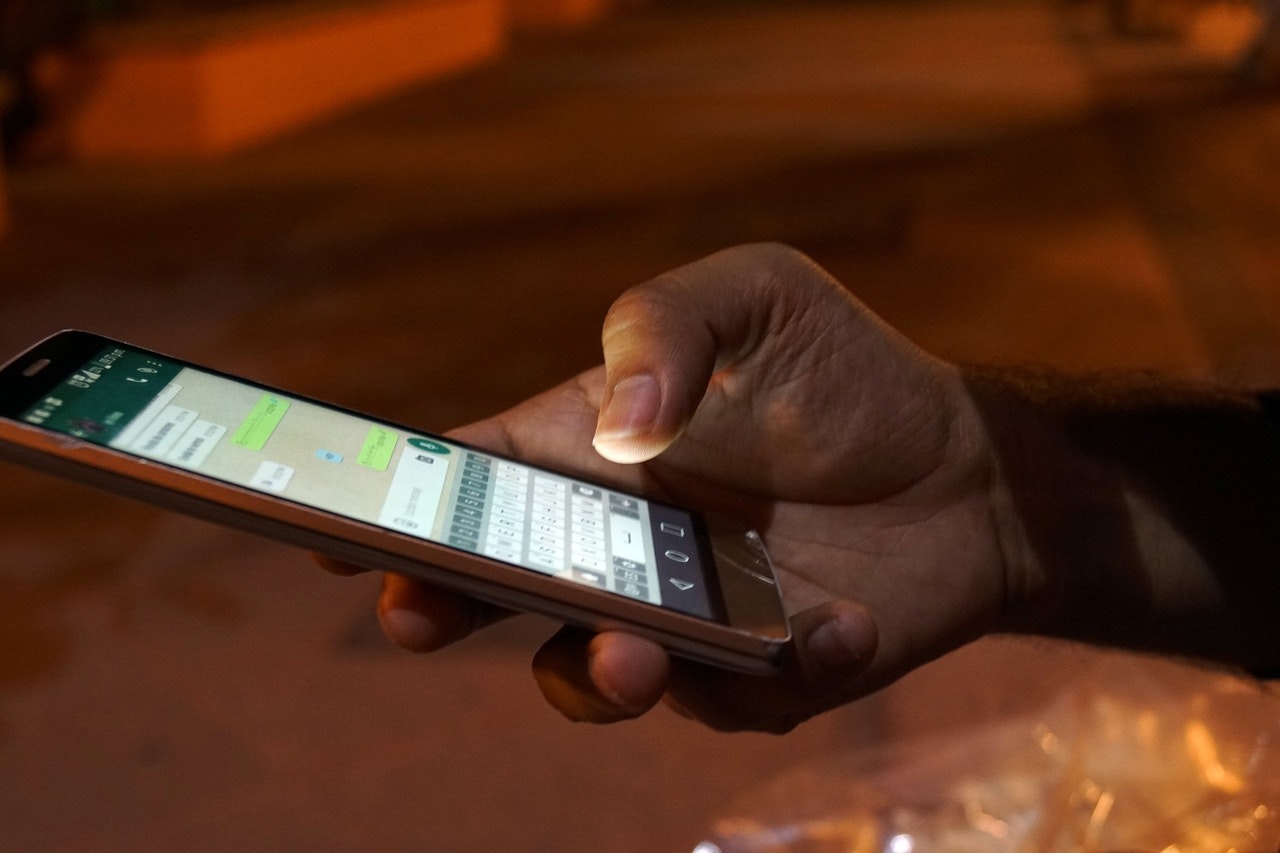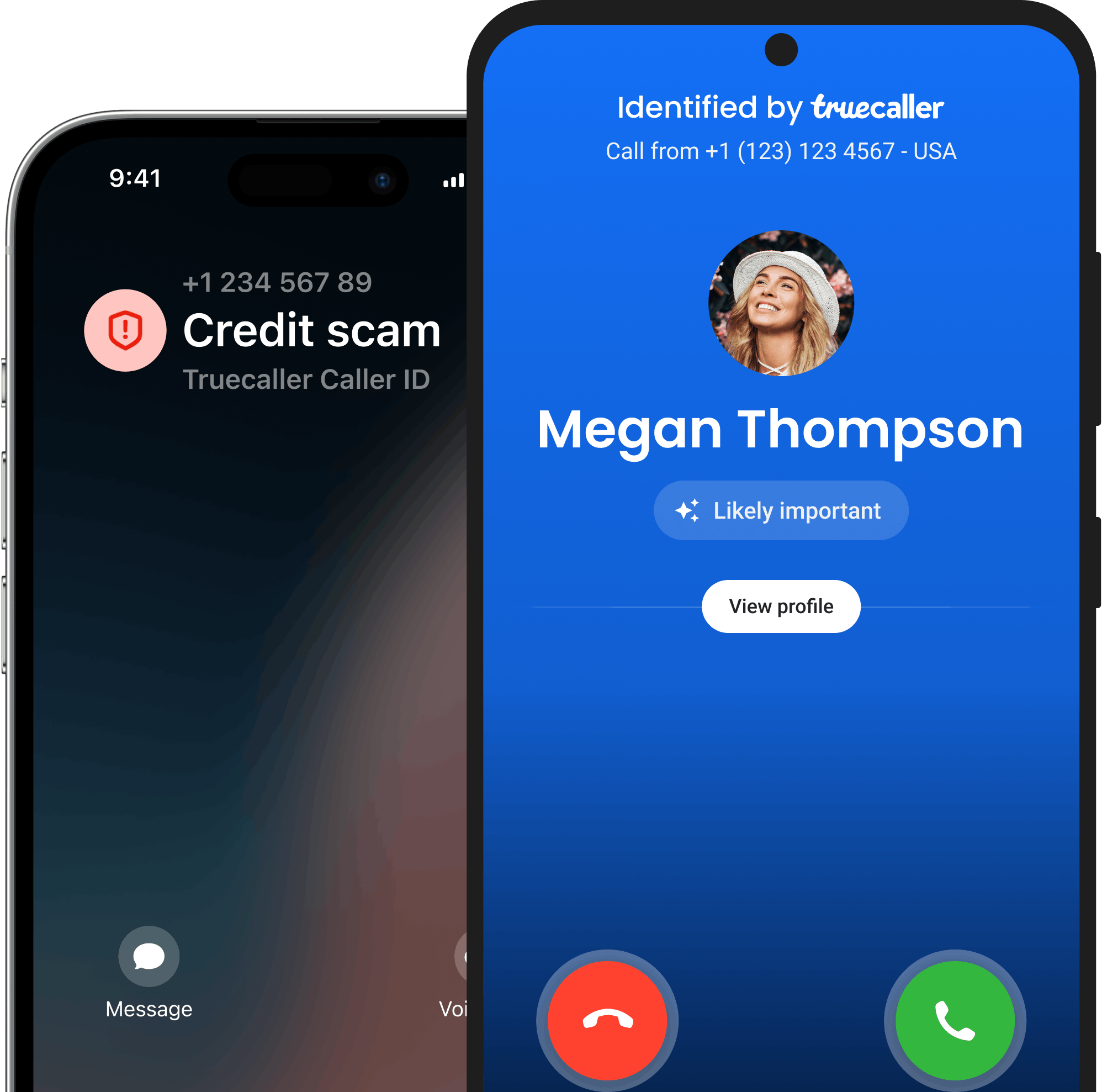
Messaging app scams
What are messaging app scams?
Messaging apps are now an essential part of modern communication, but they have also become a key tool for scammers. Popular platforms like WhatsApp, Facebook Messenger, Instagram, and Telegram are frequently targeted because of their wide reach and ease of use. Telegram is especially attractive to scammers due to its privacy features, allowing communication through usernames without requiring phone numbers.
These platforms are exploited for various schemes, such as fake job offers, romance scams, phishing, and investment frauds. As their popularity grows, so does the risk of falling victim. Staying alert and cautious is crucial to avoiding these scams.
Common messaging app scams are listed below
Scammers often pose as bank officials, tax officers, representatives of popular e-commerce sites, government agencies, or customs officials. On messaging apps, they mimic legitimate channels by copying names, profile pictures, and posts. However, subtle signs like spelling errors or small differences in logos can reveal their deception.
They typically send messages or emails stating need for an urgent action, using scare tactics such as unpaid taxes, hacked accounts, or missed benefits. This sense of urgency tricks victims into sharing personal information. These scams have been reported in countries like the USA, India, the UK, Australia, Canada, Singapore, and Germany, among others.
Fake job offers are a common scam in many countries. Scammers use emails and apps like WhatsApp, Telegram, and Facebook Messenger to trick people. These offers often sound too good to be true, promising high pay for remote or part-time work with little or no experience required. The messages appear to come from real companies but lead to fake websites or forms. More often than not, scammers trick people into filling out fake forms to steal personal information or ask for upfront fees, then disappear with the money.
Such scams have been reported in countries like the United States, United Kingdom, Canada, Australia, India, Nigeria, and Singapore.
Romance scams have affected many countries, including the USA, UK, India, Australia, Spain, Canada, Germany, Nigeria, and Colombia, among others. Victims of these scams mourn not only their depleted bank accounts but also their broken hearts. These scams mostly start on a dating app where the fraudster befriends the victim using a fake profile. Once a certain level of trust develops, scammers move the conversation to messaging apps. They quickly try to make a deeper connection by falsely confessing their love for the victim but they never agree to video calls or meeting in person. Gradually, the scammer lures the victim into giving personal details, sending private pictures, gift cards, or money under the guise of being a lover.
They often claim to live far away and ask for money to travel to meet you or for other reasons. Scammers can continue this scheme for months or even years, and once they receive the money, they refuse to meet and disappear, leaving the victim heartbroken and traumatised.
Scammers create investment plans claiming to double the money in just a few days or months. They often promise a "proven" strategy or "secret" approach to help people earn big and quit their job. Once they gain a person’s confidence by showing fake data and large profits, they push them to invest their money. Most of these scams begin on messaging platforms like WhatsApp or Telegram due to their convenience and the ability to add people to multiple groups.
Scammers deceive victims by using fake members who falsely promote the schemes, claiming to have made significant profits. After receiving large sums of money, the scammers disappear without a trace. Various forms of investment fraud have been reported in countries such as the USA, Canada, the UK, Nigeria, India, Japan, and Australia.
Scammers send fake surveys through messaging apps to trick victims with promises of prize money, gift cards, or exclusive deals. After completing the survey, victims are often asked to provide sensitive details like usernames and passwords, which scammers later use for phishing schemes. These fake surveys are usually disguised under the names of well-known companies and are spread through popular messaging apps like WhatsApp, Telegram, and Facebook Messenger.
Reports of such scams have surfaced across the globe, including in the USA, India, Australia, UK, Canada, Nigeria and Columbia,where these messaging platforms are widely used.
What to do after a message app scam
Stop engaging with the scammer immediately. Block their number or account to prevent further contact.
Notify your local authorities or cybercrime division immediately and provide any evidence such as screenshots or messages which would be helpful for the investigation.
If you have provided banking information, notify your bank immediately to secure your account. Monitor your transactions for unauthorised activity and report it promptly.
If you have shared personal information, update passwords for all your accounts (email, banking, social media, etc.) and enable two-factor authentication (2FA) for extra security.
Report the scammer’s profile and number on the messaging app so the platform can take action, such as banning the account.
Download the Truecaller app to filter scam numbers and protect yourself from fraud. Reporting scam numbers on the app helps others identify them, preventing similar incidents.
Protect yourself from Messaging Scams with Truecaller
Where to report messaging app scams
If you believe you’ve fallen victim to a messaging app scam, it’s important to act quickly. First, report the scam to the platform. For WhatsApp, Instagram, and Facebook (Meta platforms), you can use the "Report" feature in the app or email their support teams. For Telegram, you can report the scam directly through the app by selecting the "Report" option in the profile or message. Additionally, using apps like Truecaller can help by identifying and blocking scam numbers, adding an extra layer of protection. Below is the country wise list for filing a cyber crime report:
- Scamwatch
- Scamwatch email: reportscams@ato.gov.au
- Scam helpdesk
- Telephone: 202-442-9828
- Email: consumer.protection@dc.gov
- Website
- Japan Anti Fraud Organization
- Police advisory service for non-emergency : #9110
- Nigerian Police Force (NPF) : File a report in person at the nearest police station
- Economic and Financial Crimes Commission (EFCC)
- EFCC Helpline: +234 809 332 2644
- Canadian Anti-Fraud Centre (CAFC)
- Local police (non emergency line)
- CSA Singapore
- File a police report at https://eservices1.police.gov.sg
Conclusion
Messaging app scams are becoming more common. Scammers use these apps to trick people in different ways, like fake job offers, romance scams, or phishing. It's important to stay alert and protect your personal information. Be careful when you get unexpected messages and never share sensitive details with strangers. If you fall for a scam, act fast by reporting it, securing your accounts, and contacting your bank and local authorities. By staying aware and careful, you can avoid these scams. Installing Truecaller app can be very useful to avoid scammers as it automatically filters them.
